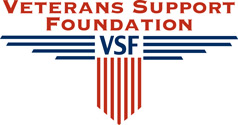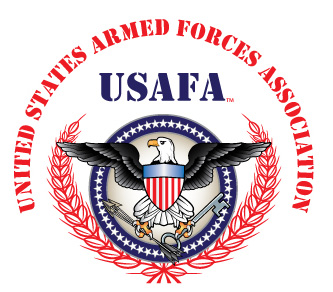Supportive Housing For Homeless Veterans
Veterans Support Foundation offers a transitional living program for formerly homeless veterans who are enrolled in the Connecticut Veterans Administration Healthcare System. These veterans reside in one of three transitional homes—two in West Haven and one in Manchester, Connecticut—while they undergo treatment and work on putting their lives back in order. VSF provides them with shelter, transportation and support in achieving their health, educational, vocational and independent living goals. Our six-bedroom permanent residence on Elm Street in West Haven is for veterans whose disabilities keep them from living fully independent lives. These veterans have round-theclock supervision and assistance with their needs, and they can stay at VSF as long as they need housing.
In 2016, 80 formerly homeless veterans found shelter and support at one of our four transitional homes.
In October 2015, Connecticut Governor Dannel Malloy and Senator Richard Blumenthal visited the U.S. Department of Veterans Affairs (VA) campus at Newington, CT to declare the end of chronic homelessness for veterans. This doesn’t mean that no veteran will ever again become homeless. It means that every veteran living on the streets or in emergency shelter in the state will be offered permanent housing within 30 days of contact, unless he or she chooses to enter a long-term treatment program. During October, November, and December of 2016, 13 veterans from VSF’s Supportive Housing Program for Homeless Veterans received vouchers for permanent homes in the community. The VA also reduced the length of stay in transitional housing programs such as ours from 90 to 30 days. That change has dramatically altered VSF’s approach, which was to help veterans effect their own rehabilitation over a period of months. Only time will tell how successful this new protocol will be.
VSF Program Results
During 2016, VSF served 80 formerly homeless veterans: 72 through our transitional program and 7 through our permanent residence. Of the 72 in our transitional program, 21 remain with us, working toward their goals of finding permanent housing, staying alcohol- and drug-free, maintaining their mental health, finding employment, continuing their educations, and reconnecting with family. Each veteran has faced unique circumstances that have led to homelessness. VSF case workers engage with veterans individually to help them confront the barriers to leading healthy, productive lives: staff help the veterans to create their own rehabilitation plans; to find resources in the community to help get them back on their feet; they assist those who want to work to find jobs; they transport veterans to important medical appointments and job interviews; they help them to find permanent residences; and staff even help veterans coming off the street to secure essential clothing, food, and medicine.
Of the 59 veterans who were admitted and discharged during 2016, 46 were successful, meaning they met all the goals they established upon admission to the program. That translates to a 78-percent success rate for the year. Thirteen veterans did not complete the program, either because they relapsed into destructive behaviors or couldn’t follow program rules. The average length of stay for veterans during 2016 was 4.3 months, down from seven months during 2015.
The age of participants ranged from 29 to 86; they hailed from all services except the Coast Guard; and were involved in conflicts ranging from Korea, Vietnam, the Gulf War, Iraq, Desert Storm and Afghanistan. Seventy-four percent were white; 27 percent were African American; and five percent were Latino American.
The past year proved to be a very good one for job placement. While some of our veterans receive pensions or disability payments and don’t want to work, 14 of 17 VSF veterans searching for work found it, for an 82-percent success rate. The job market in Connecticut during 2016 was better than in the recent past, with unemployment at 5.7 percent statewide, down from a high of 10 percent in 2010. But a large part of VSF’s success is thanks to the hard work of the staff and resident veterans.

